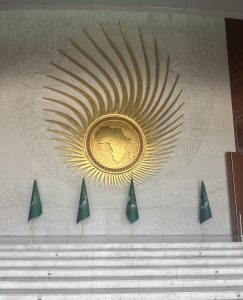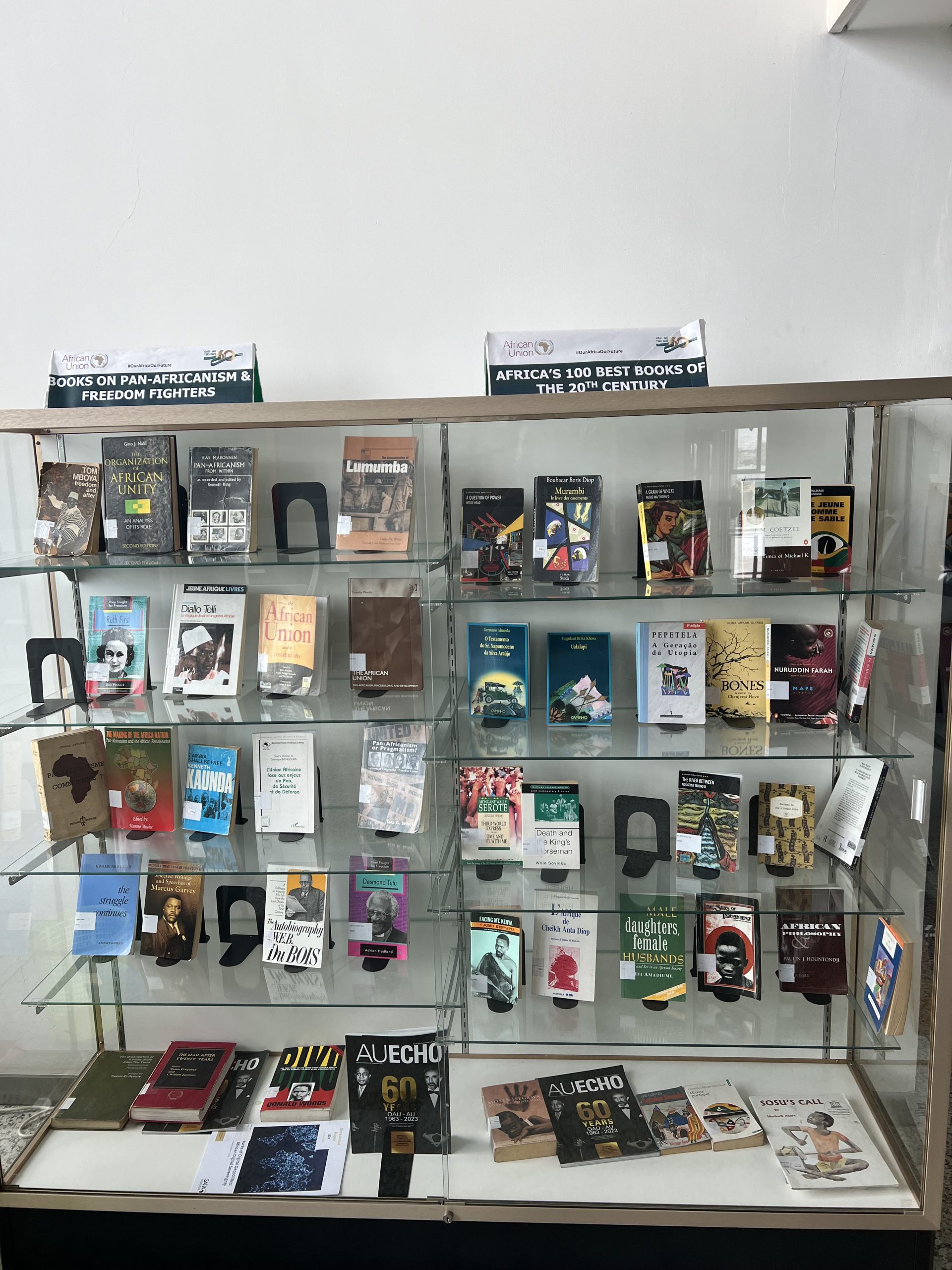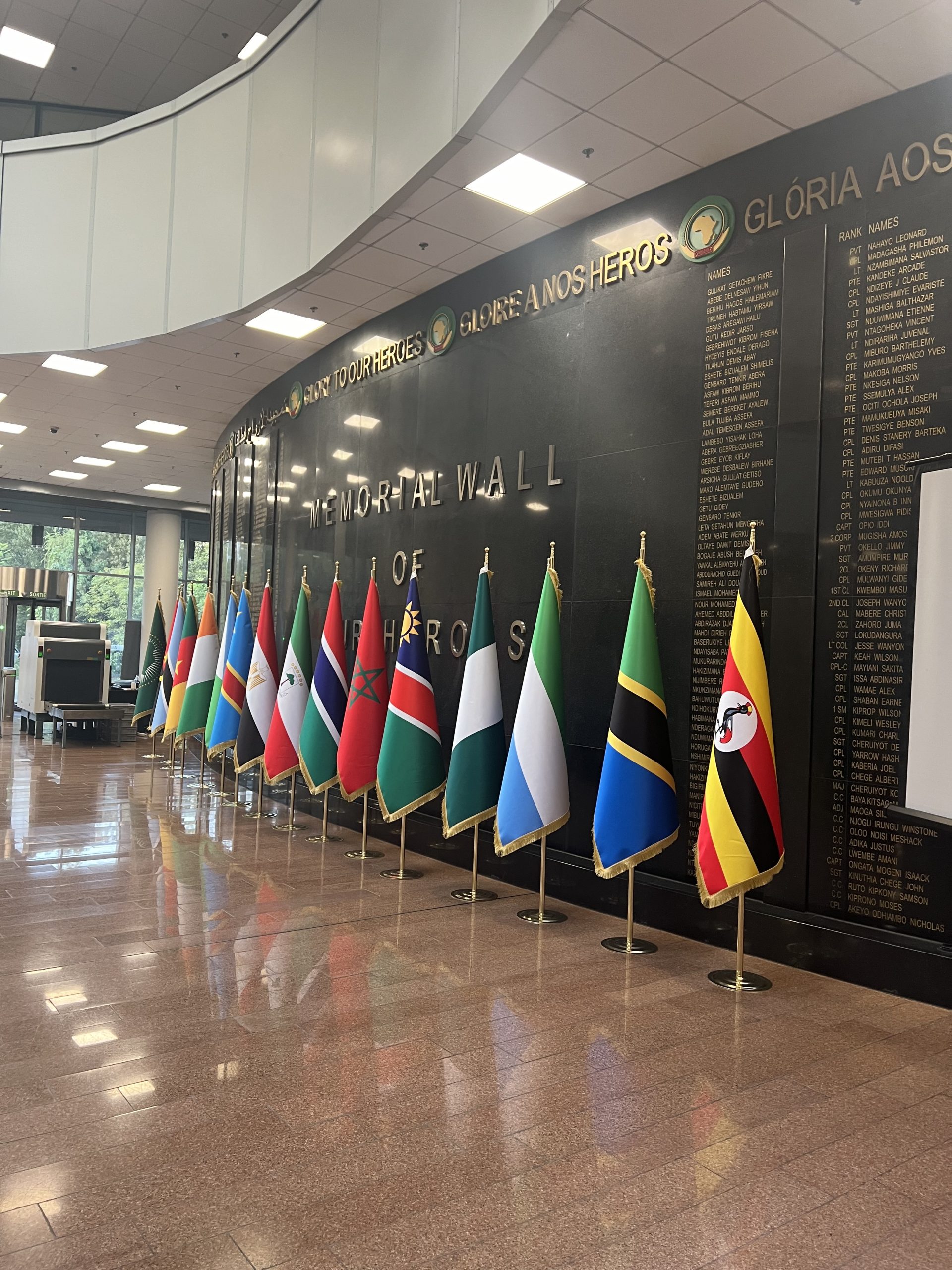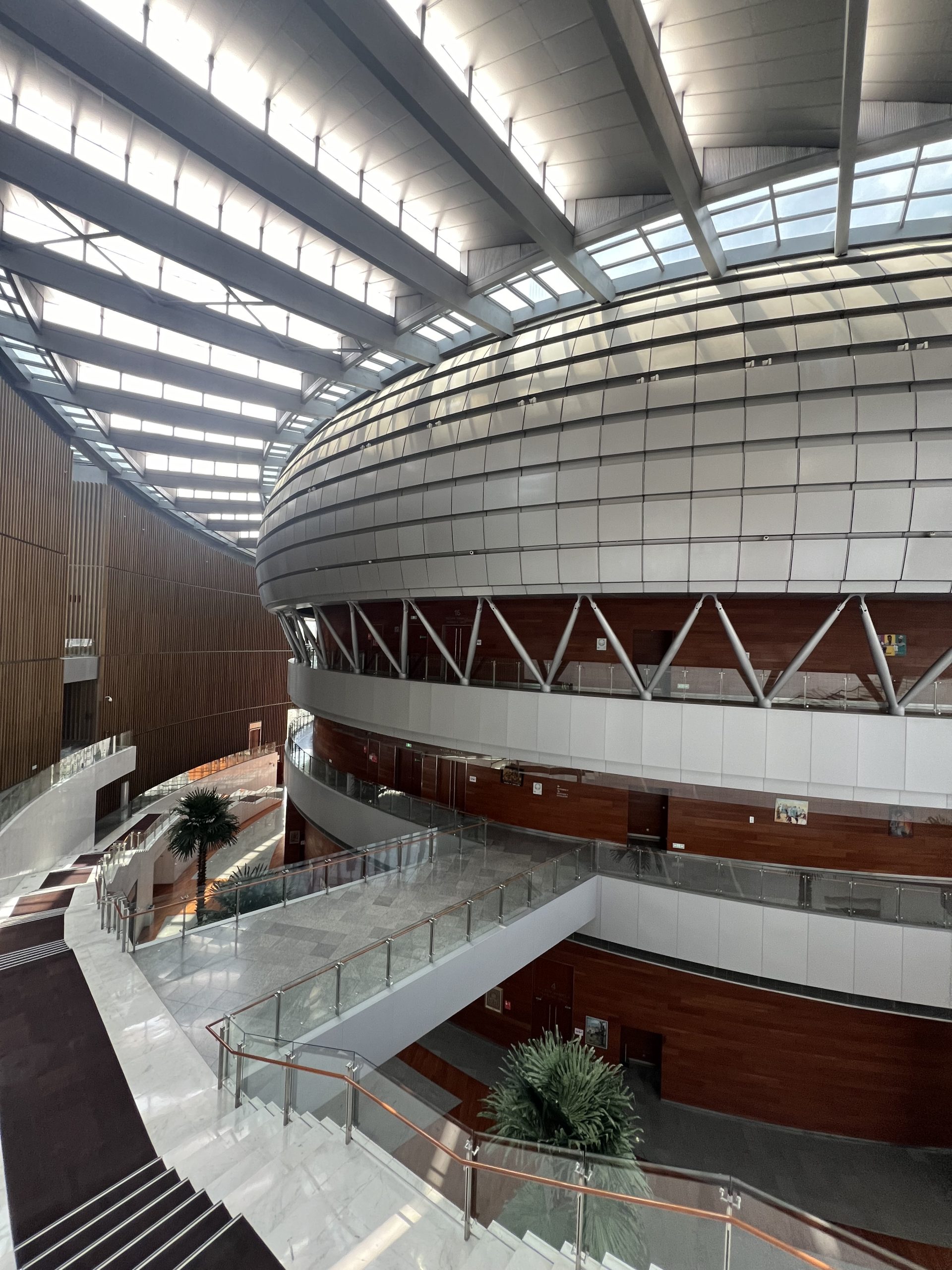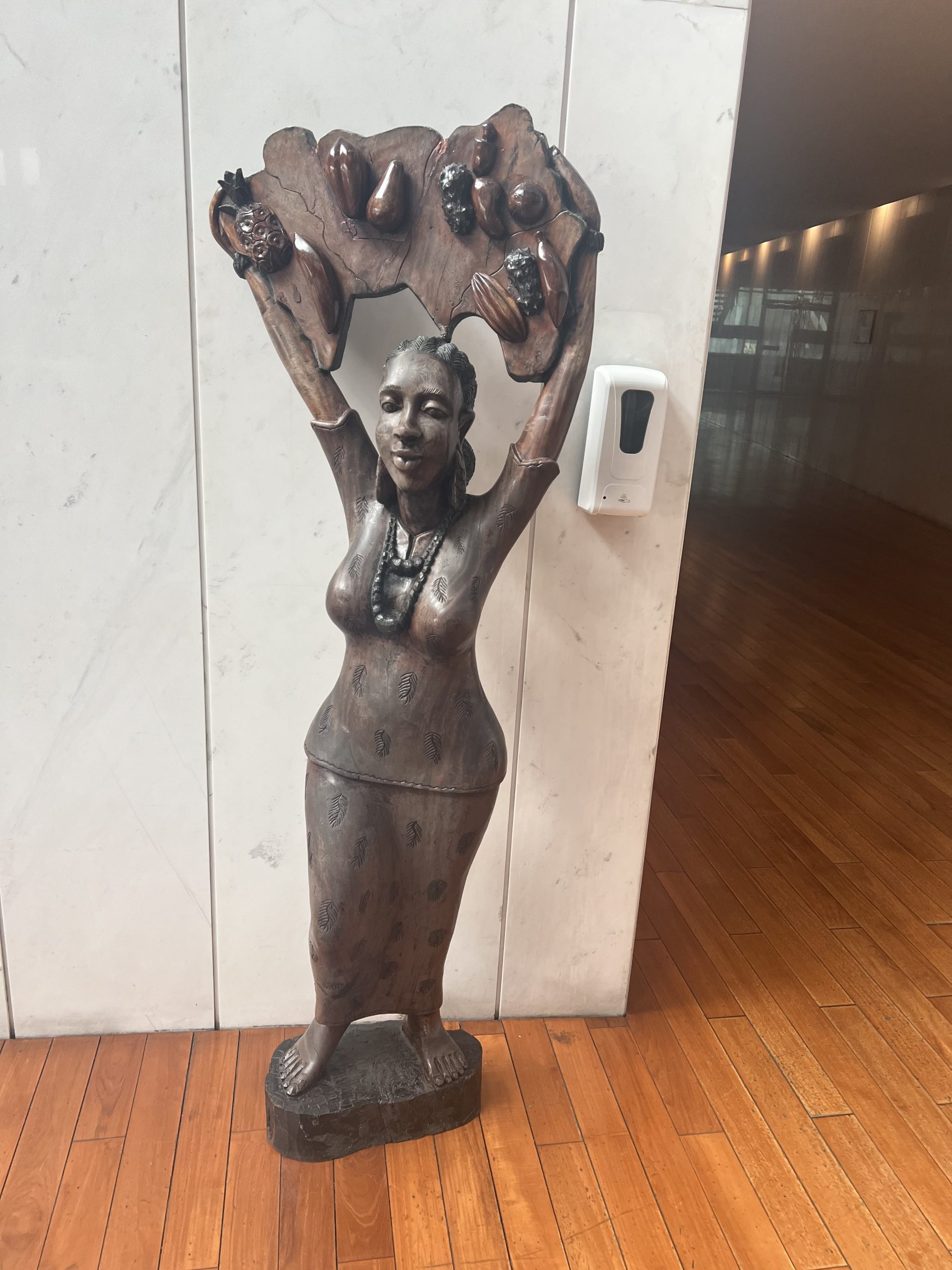Recently, Habiba Abubaker, doctoral researcher at the Luxembourg Centre for European Law (University of Luxembourg), explored the mediation processes under the African Union.
The African Union Commission (AUC), headquartered in Addis Ababa, Ethiopia, serves as the Secretariat of the African Union (AU). Organised into various units and departments, each led by officials reporting to the AUC Chairperson or Deputy Chairperson, the AUC plays a pivotal role in continental governance.
Political Affairs, Peace, and Security Department (PAPS): Role and Responsibilities
Habiba explored the work of one such department, the Political Affairs, Peace and Security Department (PAPS). PAPS is entrusted with overseeing the day-to-day operations of the AU Peace and Security Council (PSC) Secretariat. This includes monitoring peace and security developments, conducting analysis, and providing strategic and technical advice to enhance regional stability. PAPS also supports AU-led mediations.
Within PAPS, the Mediation and Dialogue Division (MDD) plays a crucial role. MDD is dedicated to providing indispensable political, technical, and logistical support to mediation and dialogue initiatives facilitated by or in collaboration with the AU. Moreover, MDD oversees the comprehensive lifecycle of these mediation efforts—from planning and execution to evaluation.
Joining hands with stakeholders across Africa, PAPS and MDD are committed to advancing peace and security across the continent through robust mediation and dialogue processes.
Invited by the AUC, Habibas´ time there was marked by insightful interviews with experts, extensive use of the African Union library and archives, and participation in the 10th Forum of the African Union Commission on International Law (AUCIL).
This enriching experience has significantly advanced her PhD research on mediation within the African Union, and stresses her dedication to promoting peace and security in the region.
About Habiba Abubaker

Habiba is currently pursuing her doctoral research at the University of Luxembourg, where she specialises in international dispute resolution. With a robust background in legal research and diplomacy, she has previously served as a Research Fellow at the Max Planck Institute Luxembourg for International, European, and Regulatory Procedural Law (MPI), where she refined her expertise in legal analysis and scholarly inquiry. Her doctoral thesis, ‘The African Union’s (AU) non-adjudicative mechanisms of dispute settlement: assessed on a legal and an empirical basis,’ investigates the intricate dynamics of dispute resolution within the AU.
